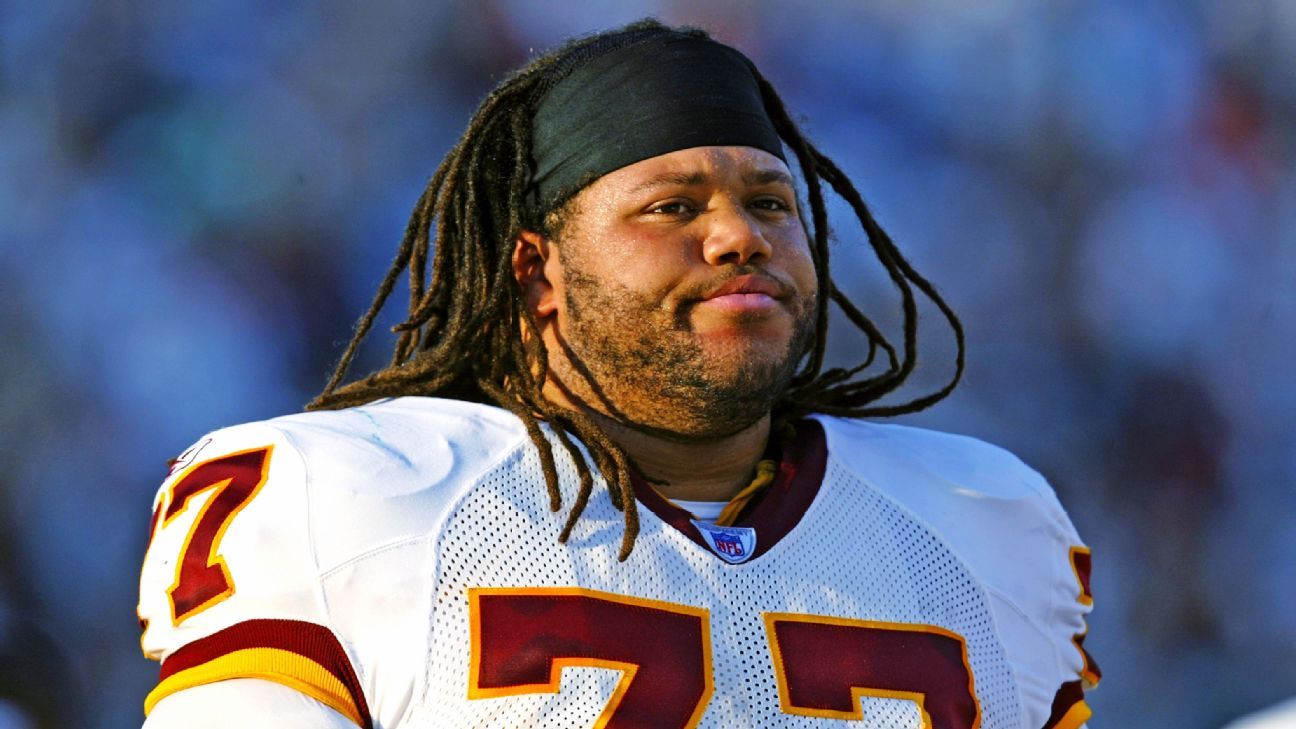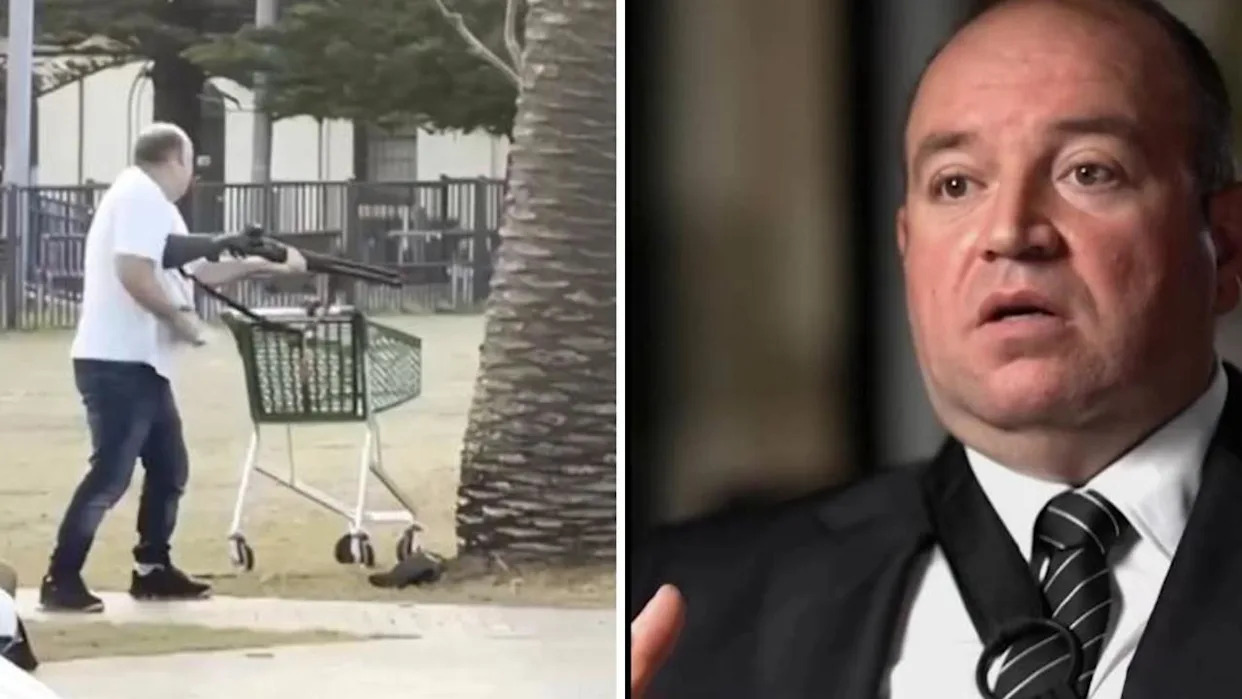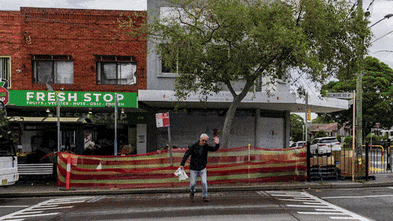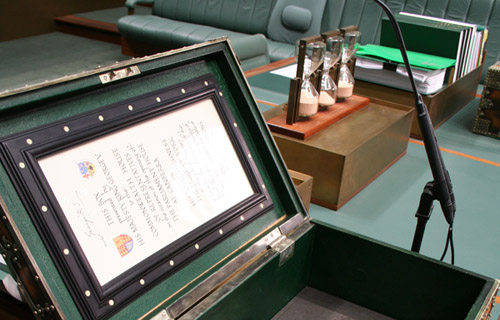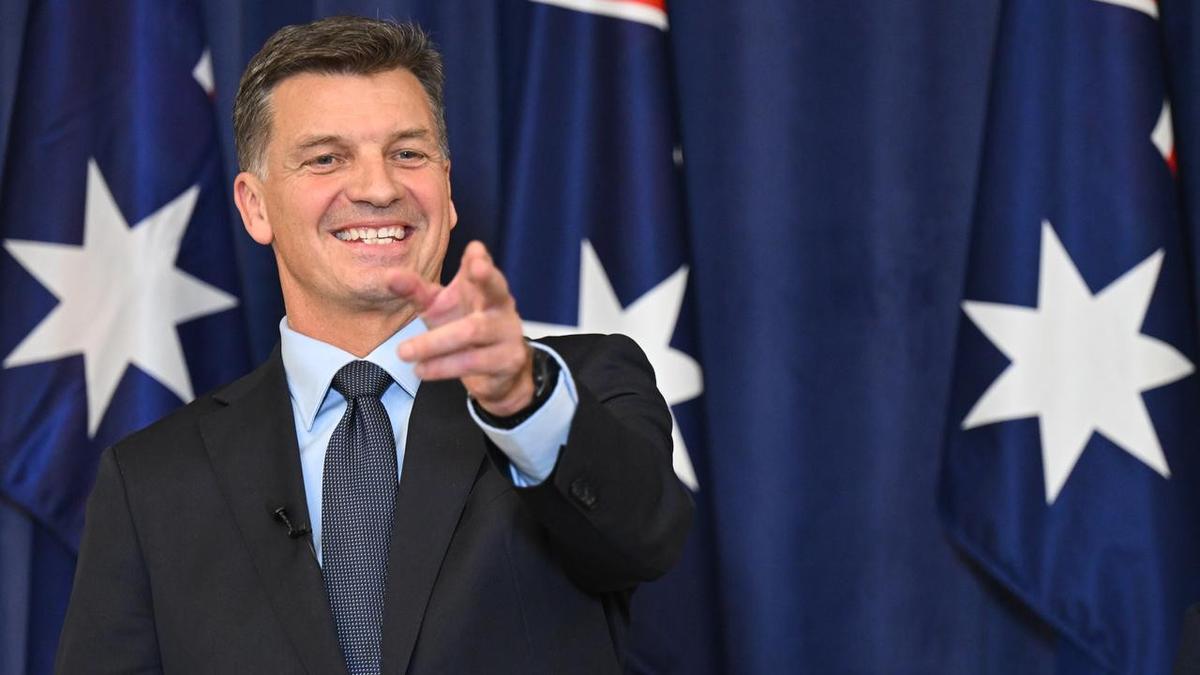
The government of Victoria has announced plans to merge multiple disability watchdogs into a single entity, a move that critics label as “incredibly dangerous” and potentially harmful to vulnerable individuals. The proposal, introduced by the Allan government, seeks to dissolve the Disability Services Commissioner, the Victorian Disability Worker Commission, and the Disability Worker Registration Board, consolidating them into a new body called the Social Services Regulator (SSR).
This shift aims to streamline oversight of a wide array of social services, including family violence, childcare, and homelessness. However, the government faces significant backlash from advocacy groups and unions, who argue that this change threatens the safety and rights of individuals with disabilities.
Critics assert that the SSR will lack the specialised focus necessary to address the unique challenges faced by people with disabilities. Currently, dedicated regulators possess the expertise needed to oversee the disability sector effectively. The amalgamation into the SSR means that these individuals will be under the supervision of an entity that also manages various unrelated social services.
The government claims that the reform was influenced by feedback from organisations such as the Association for Children with Disability and Down Syndrome Victoria. An Allan government spokesperson pointed to a recent rapid review of child safety, which indicated that children with disabilities are at a higher risk of abuse, as a rationale for the change.
“Right now, responsibilities are spread across three different agencies, which means no single body can see the whole picture – and we’re fixing that by consolidating oversight into one stronger regulator,” the spokesperson stated. They emphasised that protections for people with disabilities would remain intact during this transition.
Despite these assurances, many advocates remain deeply concerned. Ally Scott, chief executive of the Disability Resources Centre, described the merger as “an incredibly dangerous move.” She noted that the previous regulators were built on strong community engagement and had earned the trust of vulnerable individuals who needed assurance when reporting allegations of abuse.
“It’s brutal to rip that work up and just screw it up and throw it away,” Scott asserted. She expressed doubt that the SSR could provide the same level of scrutiny as the individual commissions, cautioning that individuals with disabilities may not feel comfortable reaching out to a large, bureaucratic organisation in times of crisis.
Furthermore, the Health and Community Services Union’s state secretary, Paul Healey, condemned the government for dismantling previously established safeguards essential for ensuring safety and accountability. “The Allan government has once again abandoned people with disabilities and disability workers,” Healey stated. “This is a slap in the face to every worker who has fought for safety, dignity, and professionalism in this sector.”
Advocacy groups argue that the shift contradicts a recommendation from the Disability Royal Commission, which called for the establishment of an independent complaint reporting body dedicated to addressing issues of violence and abuse affecting individuals with disabilities.
Julie Phillips, chief executive of the Disability Discrimination Legal Service, echoed similar sentiments, stating that the sector had suggested merging the existing disability regulators into a single specialist regulator in line with the royal commission’s recommendations, but their proposals were largely ignored.
“It’s been very disappointing, the misleading of parliamentarians and the public about how we have been involved when we have not,” Phillips remarked.
As the legislation was introduced to parliament, it drew criticism for being rushed through alongside other child protection reforms, which some stakeholders interpreted as a tactic to obscure the controversial nature of the merger. Opposition disability spokesman Tim Bull expressed frustration that the 455-page bill was provided on short notice, limiting the ability for thorough debate on its merits.
“Since it was introduced, I’ve received a number of emails expressing concern from disability groups that this is not the outcome they asked for from the minister,” Bull noted. “They want a standalone disability complaints service, as recommended by the royal commission.”
As the debate over the proposed merger unfolds, the government has called an emergency meeting to discuss the implications with various health unions and stakeholders. The outcome of this legislation could significantly impact the lives of many vulnerable Victorians who rely on disability services for essential support.
